Old heroes, young heroines: Will Bollywood’s age-gap fetish get over any time soon?
Let us explores Bollywood's persistent age-gap casting and questions whether audiences are finally rejecting the trope.
Published: Friday,Apr 04, 2025 12:23 PM GMT-06:00

In Bollywood, love stories between older male actors and significantly younger female leads have long been a recurring trend. From Shah Rukh Khan romancing actresses decades his junior to Salman Khan’s latest pairing with Rashmika Mandanna in the upcoming Sikandar, the phenomenon continues, albeit with increasing scrutiny. While the industry continues to defend such casting decisions, a growing section of the audience is beginning to ask: "Is Bollywood tone-deaf or simply out of touch?"
The Spark That Reignited the Fire

It was Salman Khan’s dismissive retort about the 31-year age gap between him (58) and Rashmika Mandanna (27) in Sikandar that reopened the debate. “Jab heroine ko problem nahi hai, heroine ke papa ko dikkat nahi hai, tumko kyun dikkat hai bhai?” he said at a press event, essentially suggesting that if the actress and her family are okay with the pairing, others shouldn’t question it?. But the internet wasn’t convinced. Twitter (X) users were quick to call the remark “cringe” and “creepy,” with some even pointing out the uncomfortable optics of such casting in 2025. One user wrote, “There is something called ageing and retiring gracefully! Obviously, the Khans haven’t heard of such things”.
The Industry's Blanket Defense

While Salman’s comment was called out, he isn’t the only star defending age-disparate casting. Ameesha Patel, who starred opposite Sunny Deol (18 years her senior) in both Gadar films, recently said: “When the film works, everything is forgiven.” She implied that chemistry and success at the box office override age concerns.
Radhika Madan, responding to the chatter around her pairing with Akshay Kumar in Sarfira, offered a nuanced take. “People said ‘why this?’ when the trailer came out. But after watching the film, nobody mentioned the age gap, they only spoke about the chemistry,” she said. Her argument: if the storytelling justifies it, audiences will buy into it.
Similarly, Sara Ali Khan, who has been cast opposite both Dhanush and Akshay Kumar in Atrangi Re, acknowledged the age gap but framed it as a director’s vision: “If filmmakers envision it and actors believe in that vision, then that’s all that matters.”
Even Shah Rukh Khan, often paired with actresses 20-25 years younger, has brushed off criticism in the past. “I can’t send them home, break their hearts, or tell the director to cast on the basis of age,” he once said in an interview, defending Deepika Padukone’s debut opposite him in Om Shanti Om when she was just 21 and he was 42.
Changing Audience, Changing Expectations

While Bollywood clings to this formula, the audience has evolved. Social media has become a mirror to public sentiment, one that no longer accepts outdated norms without pushback. With movements advocating better gender representation and more authentic storytelling gaining momentum, younger viewers are questioning not just the casting choices but the intent behind them.
Film critic Sucharita Tyagi has previously noted in a YouTube breakdown: “There’s a fine line between fantasy and regressive reinforcement. When a 55-year-old hero romances a 25-year-old without any narrative justification, it’s not just lazy, it’s tone-deaf.”
Moreover, recent films like Laal Singh Chaddha and Prithviraj faced flak not just for their content but for visibly mismatched romantic pairings that felt more like male vanity projects than genuine storytelling. Even commercial hits like Radhe were lambasted online for seeming like a fan fiction version of mid-life crisis tales dressed in six-packs and action sequences.
To be clear, the criticism isn't about older actors working, it’s about how they’re presented and romanticized in contrast to their female counterparts. While men are allowed to age with heroic reverence, women often disappear from lead roles after their 30s. This double standard is glaring. A Reddit thread analyzing the Sikandar pairing summed it up well: “It’s not about Salman Khan’s age. It’s about Bollywood still refusing to write love stories for women above 35 and reserving those roles for men pushing 60.”
There Are Exceptions
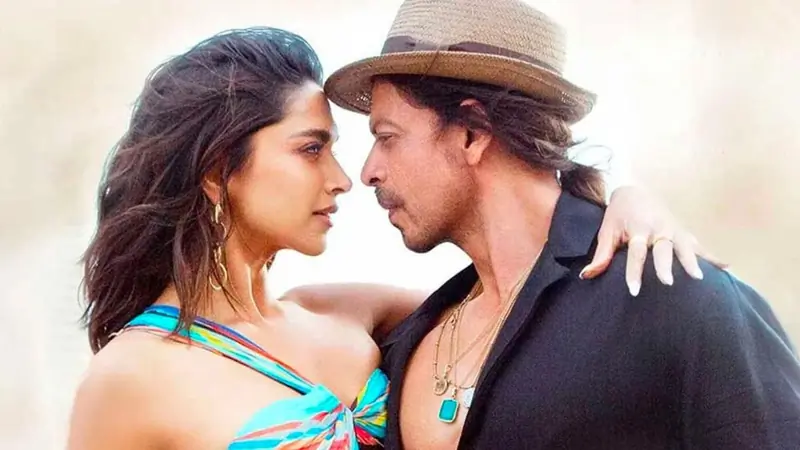
Interestingly, when the story calls for it, and when chemistry trumps chronology, audiences are forgiving. Think Piku (Deepika and Irrfan), or even Pathaan, where despite the age difference, the film’s high-octane narrative and mutual character development helped audiences suspend disbelief. What doesn’t work anymore is lazy storytelling cloaked in glamour. The moment a film leans on “hero gets the girl” because the hero is the hero, audiences now smell the datedness a mile away.
Filmmakers must ask: What are we normalizing when a 58-year-old romances someone young enough to be his daughter? Are these stories a reflection of society, or are they shaping it in problematic ways?
Bollywood doesn’t need to eliminate age-gap stories altogether. But it does need to balance them with more narratives where women get equal agency, where mature love stories aren’t taboo, and where casting aligns more organically with the story.
If filmmakers want to stay relevant to Gen Z and beyond, they’ll need to rethink not just casting, but perspective. The future of cinema isn't in clinging to formula, it’s in evolving with the audience.
Join Our WhatsApp Channel
Stay updated with the latest news, gossip, and hot discussions. Be a part of our WhatsApp family now!
Join NowYour reaction
 Nice
Nice Great
Great Loved
Loved LOL
LOL OMG
OMG Cry
Cry Fail
Fail

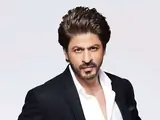
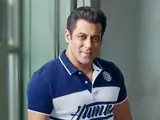
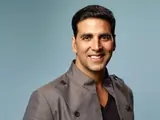
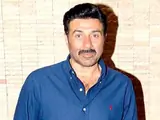
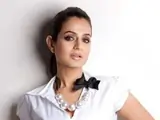
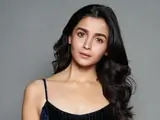


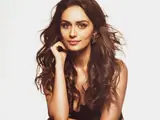
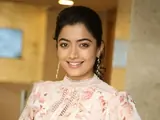




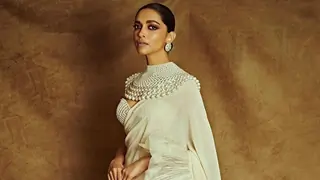
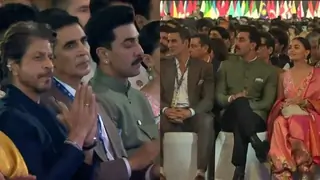
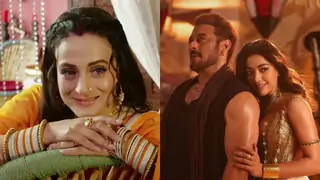









1 Comment